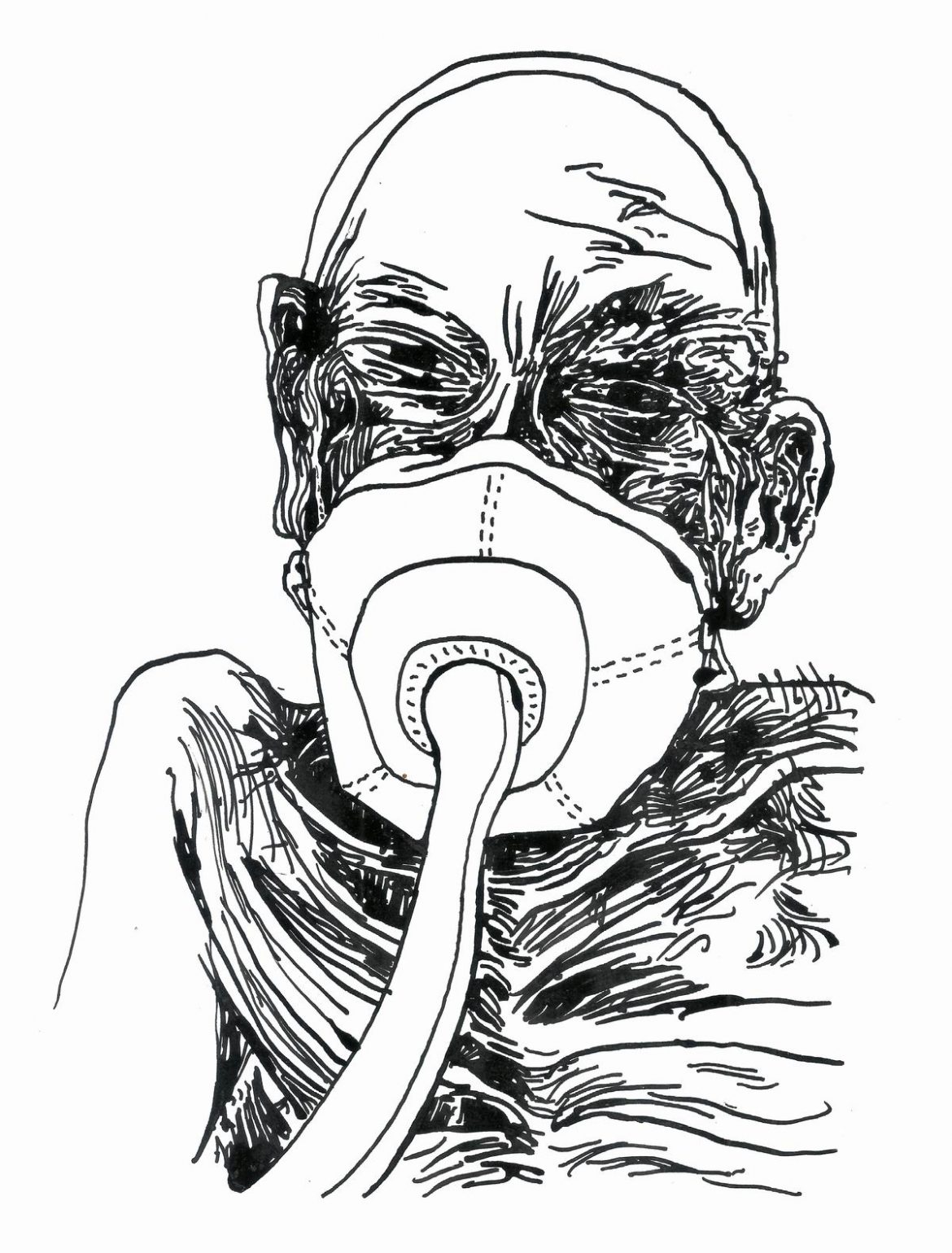Autore
Indice
Abstract
Covid-19: some thoughts about the ethical issues dealing with the pandemic crisis
Covid-19 outbreak raised a lot of interesting ethical issues. How can we conciliate the respect for citizens’ freedom with the urge to mitigate the spread of the virus? What should we do in order to rearrange our lifestyles? These and other questions are addressed with the guiding aid of Ben Bramble whose insightful thoughts about Covid-19 could be very fruitful for reflecting deeply about the pandemic consequences with regard to social and ethical facets.
S&F: Dear Professor, Do you think that lockdown is an effective strategy to cope with the spread of the virus in the long run?
B.B.: Lockdowns won’t be necessary in the long run, due to the vaccines. Ideally, so many people will get vaccinated that many countries can reach herd immunity. But even if we don’t reach herd immunity, there will be enough people getting vaccinated that we won’t need lockdowns anymore. What if we hadn’t developed vaccines so quickly? Then lockdowns in various degrees, from time to time, would continue to be part of our lives. The example of Australia has shown that strict lockdowns, accompanied by excellent testing, contact-tracing, and quarantine processes, can more or less eliminate this particular virus and allow us to go back to normal.
S&F: Do you think that the pandemic could be a turning point to enhance humanity’s moral abilities?
B.B.: I’m writing a new book on exactly this topic. I’m arguing that our experience of the pandemic gives us a prime opportunity to understand the need for improving our social welfare systems. My biggest hope is that we will begin to take climate change more seriously and act on it decisively. But I must say, I am not hugely optimistic about this.
S&F: Don’t you think that the origin of this pandemic should invite us to think about our relationship with the non-human animals and the environment as well?
B.B.: You are certainly right. The virus seems to have come from a wet market in China, where animals are treated very badly indeed. For this reason, the pandemic has shone a light on the dreadful conditions in which many animals are farmed today. We need to learn from this and improve our practices here. Ideally, we should stop farming animals entirely. Animal farming is clearly one of the great moral challenges of modern times.
S&F: What do you think about the allocation of medical supplies in a pandemic context? Is it good enough to cope with the challenges of the modern world?
B.B.: Wealthy countries are failing to adequately assist people in poorer countries. This is true in normal times, but it is especially so now. We must urgently send vaccines and other medical assistance to poorer countries. This is a no-brainer. As for allocations within wealthy countries themselves, treatment options for COVID-19 should be strictly equal among all citizens. Money should not be able to buy one better treatment or faster access to vaccines. In my book, I argue that this shows that in normal times, treatment options should be far more equitable as well.
S&F: Could you express your opinions about the current vaccine policies? Is it fair enough to produce vaccines through the strategies of the private market?
B.B.: Governments contributed a lot of funding toward the research that resulted in these vaccines. For this reason, and for others, the vaccines should be freely available to anyone in the world who needs them. The companies that helped develop them should be compensated for their efforts, and we should be grateful to them for their involvement, but they should not greatly profit from these vaccines. I’d like to see governments play a much bigger role in medical research in the future. It is a lousy system where research agendas are being dictated by where the biggest private profits can be made. Some of the most valuable medicines won’t necessarily be profitable for companies to develop and manufacture at all.
S&F: What is the role of Ethics within our societies? In particular, what is its role in the face of health emergencies?
B.B.: That’s a big question! In normal times, ethics requires more of us than we typically realise. But in health emergencies like this one, it can require much more still. Just going shopping or to visit friends during the pandemic can put others’ lives at risk—especially if one doesn’t wear a mask—and so we need to rethink everyday actions, and consider our obligations to others.
S&F: Do you think that the apps of contact tracing pose a moral problem? What kind of moral trouble do they pose?
B.B.: I am concerned about companies and governments knowing too much about individual citizens. Clearly, we want to avoid a surveillance state. But the amount that these particular apps will contribute to our heading in that direction seems pretty minor. And certainly, the benefits of them right now are well worth the costs. But we must remain vigilant in this regard.
S&F: Do you think that the moral agenda would have a sort of reassessment due to the coronavirus pandemic?
B.B.: The pandemic is a huge wake-up call. We are failing our poorest citizens, we are failing the environment, and we are failing non-humans animals. If we don’t heed this wake up call, and radically restructure our societies, we might not get a second chance.








